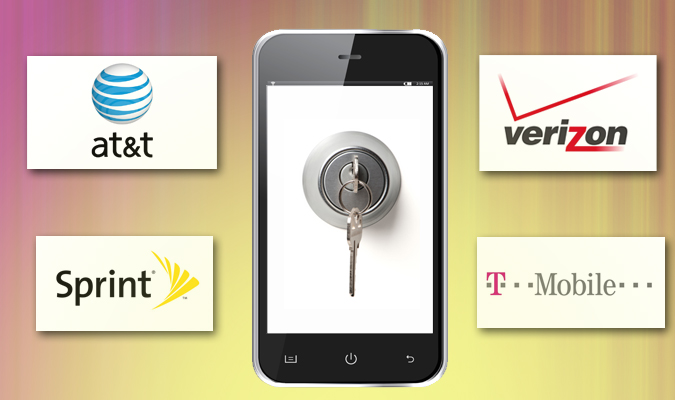We are finally legally allowed to unlock our phones. What does it mean, exactly?
 The debate over consumers rights to unlock their phones has finally been put to rest with President Obama’s signing of the Unlocking Consumer Choice and Wireless Competition Act, which enables consumers to legally unlock their devices, either by requesting the service from their own carrier, or through an independent party.
The debate over consumers rights to unlock their phones has finally been put to rest with President Obama’s signing of the Unlocking Consumer Choice and Wireless Competition Act, which enables consumers to legally unlock their devices, either by requesting the service from their own carrier, or through an independent party.
How does this change things for most consumers? It doesn't.
According to the provisions contained in the act, unlocking a phone for the purpose of switching providers does not waive early termination fees or any other pre-existing contractual obligations, and this is of course what’s to expected from this bill. It is essentially the part of the bill that protects carriers.
Early termination fees when ending a contract, can be hefty, as they are likely to require covering the cost of the phone itself, minus any amount already paid while still under contract.
Consumers are now free to switch if they want to, when they want to. But weren't they before? All that was required was to pay an early termination fee and turn in the phone.
The difference this act makes is in the ability to keep the same phone, after paying the ETF. With the added cost of unlocking it.
The positive side of this bill is that it removes a restriction, which is always a good thing. And... that’s about it.
Consumers will always go for the convenience, and this is why carriers are the lesser losers, as consumers will be able to use the phone they want, with the carrier they want, even when that carrier does not offer that particular phone. While this scenario helps smaller carriers reaching into a bigger pool of customers, bigger networks will feel the loss of income from overseas roaming fees.
On the other end, phone makers hate the new law, especially tech giants like Apple, for valid reasons that have a lot to do with image. Unlocked or rooted smartphones can often turn unstable and malfunction. Because such practice is not under warranty, the act makes way for a lot of bricked devices, which, in turns, makes the phone manufacturers look bad.
The hypothetical scenario is of manufacturers hiking the price of devices in order to develop fail-safe technologies designed to counter third-party tampering, an added costs that manufacturers will be more than happy to pass on to carriers, and in turns, to consumers.